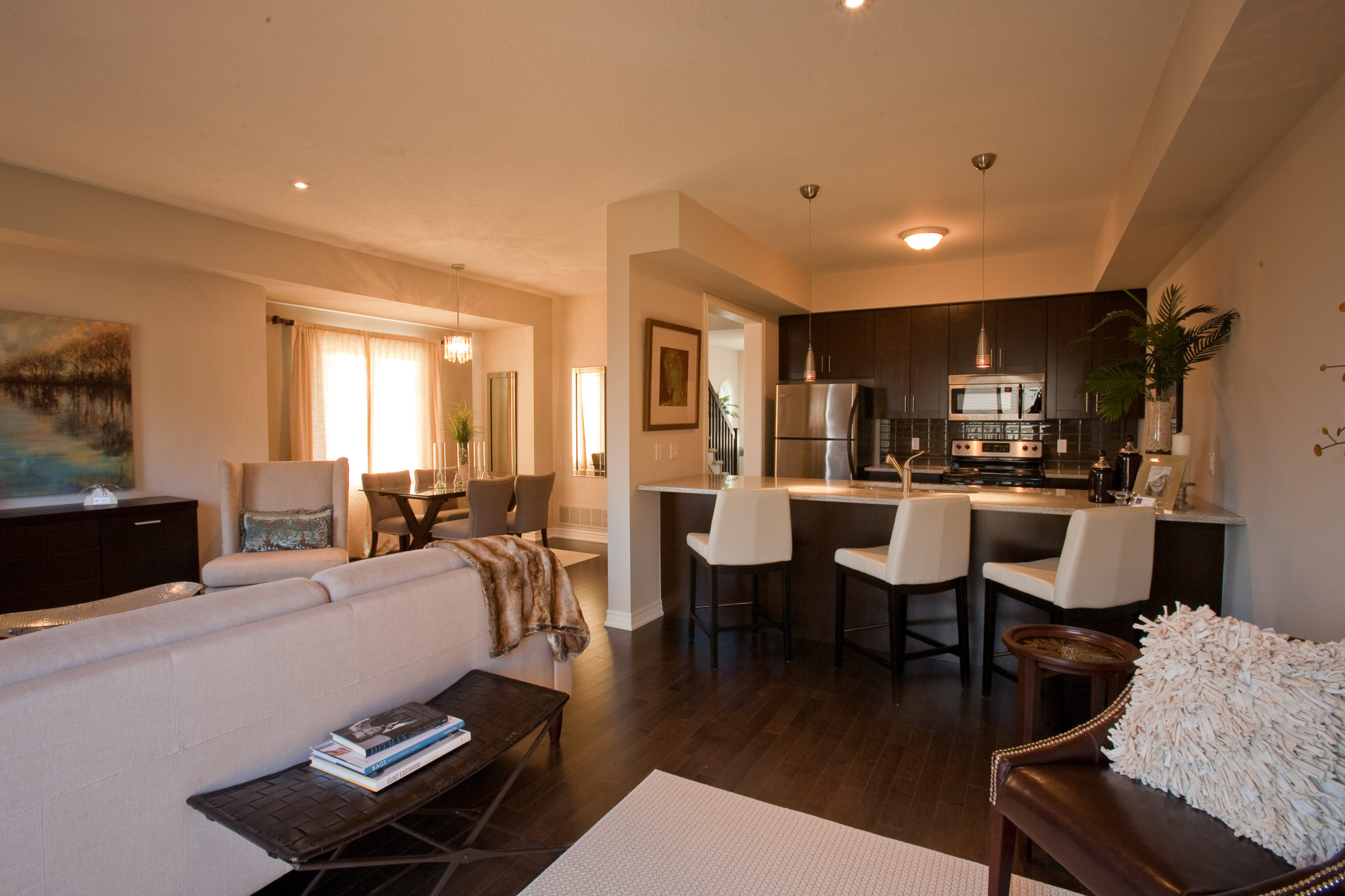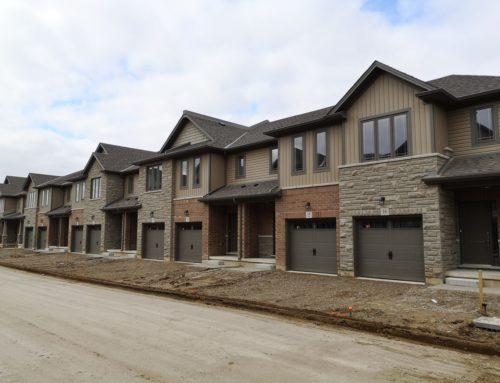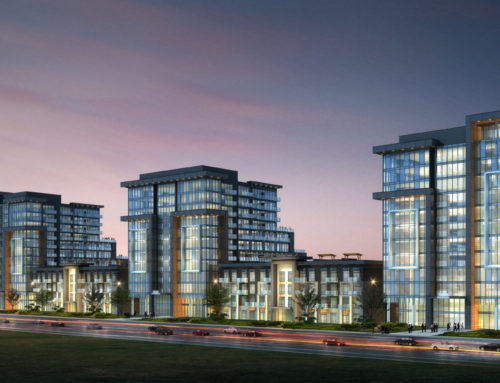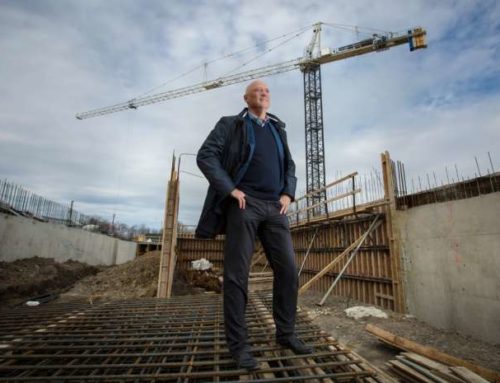For many first-time homebuyers, location and price tend to be the main factors in refining their search for their ideal dwelling. Another important place to start is learning the difference between the three most popular housing options available – a traditional free-standing house, a townhome and a condominium.
FREE-STANDING HOUSE
Let’s start with the basics. A traditional free-standing house, professionally referred to as a “single-family home”, sits on its own lot thereby offering a greater degree of privacy. It’s got a front yard, a back yard and some place to put a car or two like a garage or porte cochere. Sometimes homes are in master-planned communities and sometimes they sit hundreds of feet apart on several acres. With a single family home, you have a bit more freedom of expression that may not be available in a townhouse community.
TOWNHOMES
A townhome is a single-family home which may be attached to other single-family homes on one or both sides. This means owners will share one or more common walls. Owners of townhomes have the same type of ownership that people in single-family homes enjoy. In other words, owning a townhome means owning the structure and the land on which it sits.
Because a townhome is attached to another dwelling on one or more sides, the amount of exterior maintenance is sometimes drastically reduced. If you only have to deal with siding on the front and back of the building, that takes a lot of burden off your budget and saves you time to boot. Moreover, because your townhome’s front and back yard are likely to be very small, you won’t have much yard work to do.
If square footage is important to you, you’ll generally be able to afford more of it in a townhome than you would in a similarly located single-family, stand alone home. The reason for this, of course, is the small amount of actual property your townhome occupies. Because townhomes are three, sometimes even four stories tall, builders are able to offer a lot of living space between those four walls. Today’s premier builders now ingeniously design compact stairways and efficient hallways to give you the most square footage possible. The end result is usually a much more convenient, open, and spacious living space than you could otherwise afford.
CONDOS
Condominiums are the starter home of choice for many homebuyers today because they are generally smaller and less expensive than the conventional single family home. They require far less maintenance, making them increasingly popular amongst empty nesters as well. Condominiums can be high‐ rise residential buildings, townhouse complexes, individual houses and low‐rise residential buildings. The term “condominium” does not describe a particular style of architecture, but rather a type of joint ownership. Essentially with a condo, ownership is of airspace meaning you own everything from the walls inward. Each unit is individually owned, while the facilities and common space (the surrounding land, the hallways and elevators, and any recreational facilities) are owned collectively by all the owners. In addition to the monthly mortgage payment, condo owners also pay condo fees, which go toward the management of the complex, the upkeep of the common property areas, and sometimes even the cost of the utilities. Condos generally combine many advantages of apartment living with those of home ownership.
It’s also important to note that condo owners are able to reap the same financial benefits (tax breaks and equity buildup) as other homeowners without many of the traditional chores of homeownership, such as fixing a leaky roof and mowing the yard. Moreover, condos often offer such amenities as landscaping, meeting rooms, and recreation rooms.
CONCLUSION
When deciding on which type of home best suits your lifestyle, do your best to anticipate the future. What seems practical now may not be practical in two years. Are you newlyweds who will be anticipating starting a family? Are you planning to retire soon? Are your children teenagers who are on the move more than they are home? Are you retired? Have your children left home, leaving you with an empty nest? Do you have toddlers or elementary age children? How much can you afford relative to your budget? Anticipating the next few years in light of these different stages of life is necessary in order to decide what sort of home is best for you.
Remember that at the end of the day, every type of dwelling will require a compromise from you. Before you start looking, accept that you will likely give up something you now consider important in order to gain something that will become important. Try to buy a home that meets most of your needs for the next 5 to 10 years, or find a home that can grow and adapt to any projected changes in lifestyle.
Happy Hunting!






